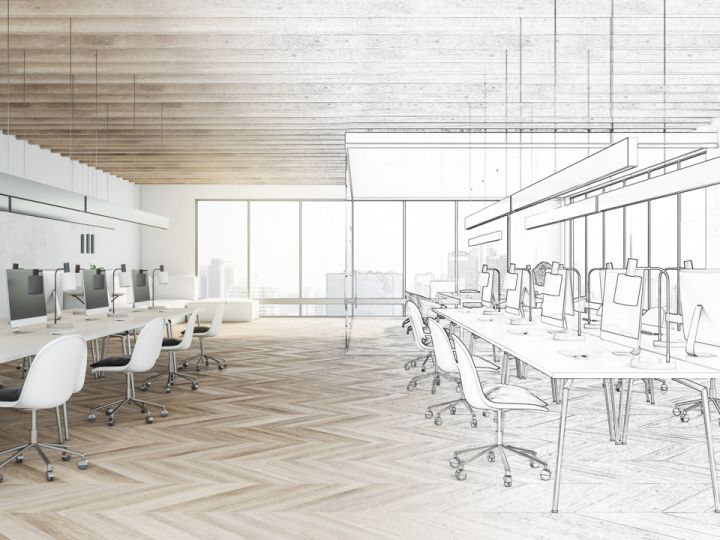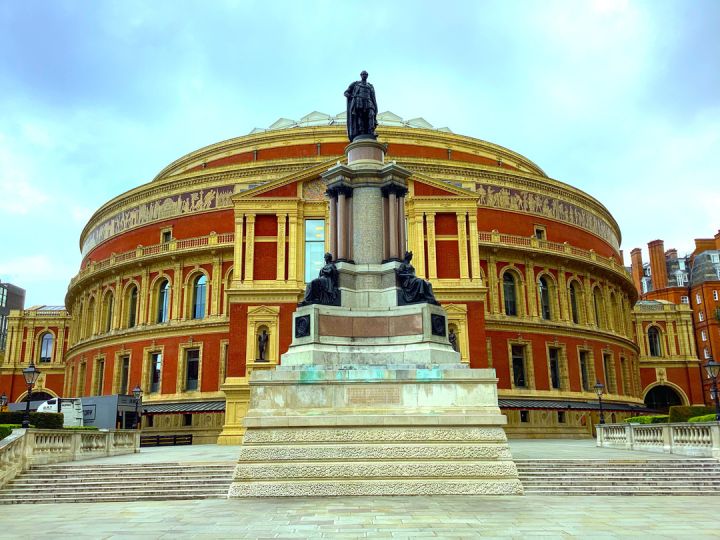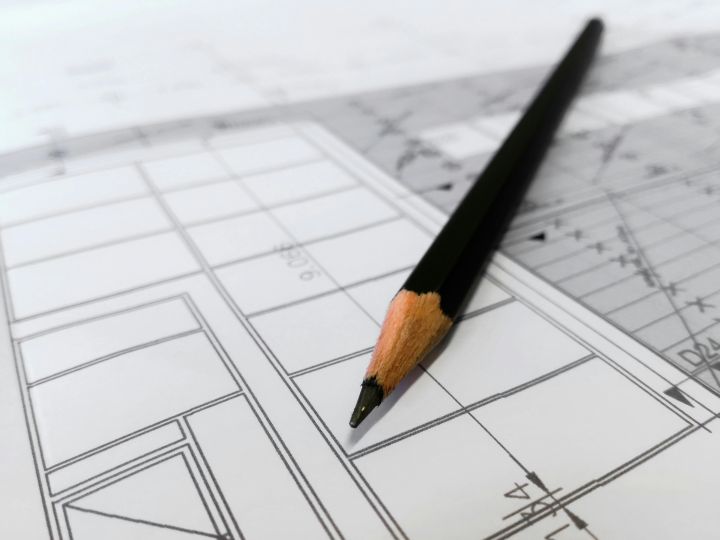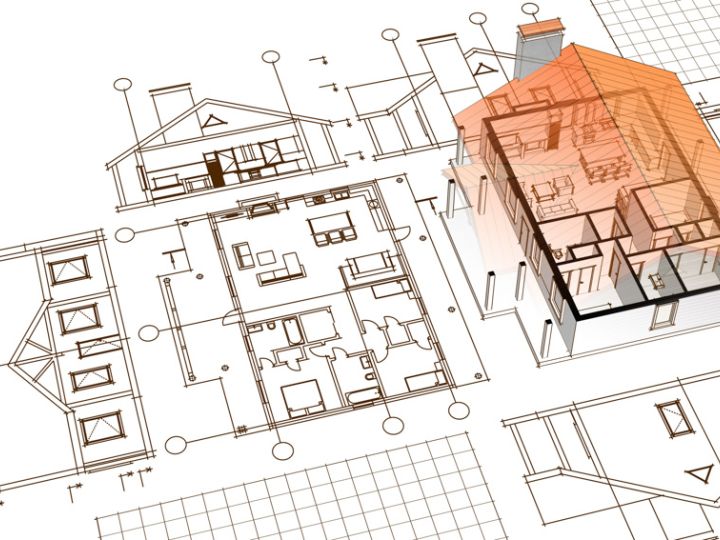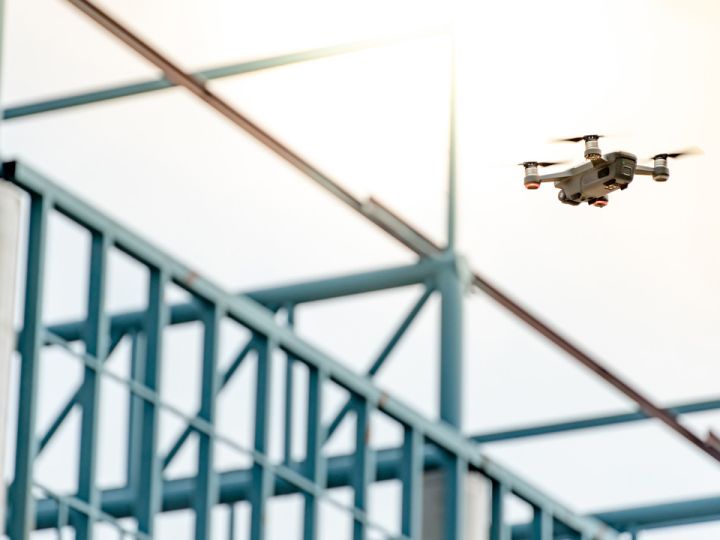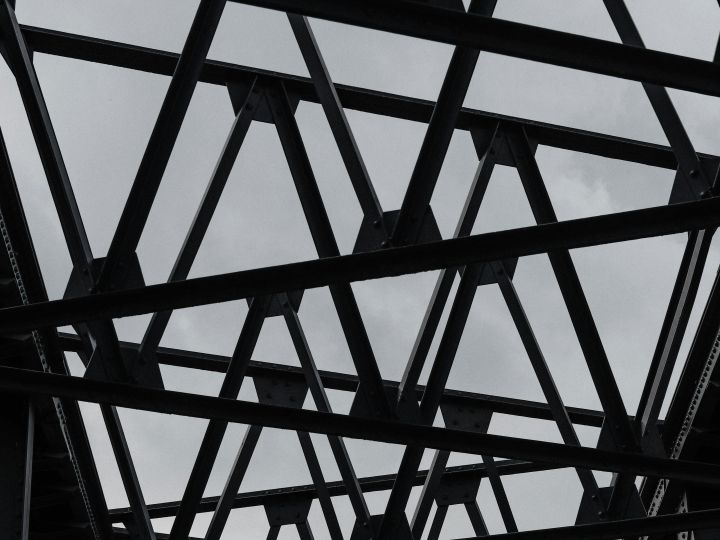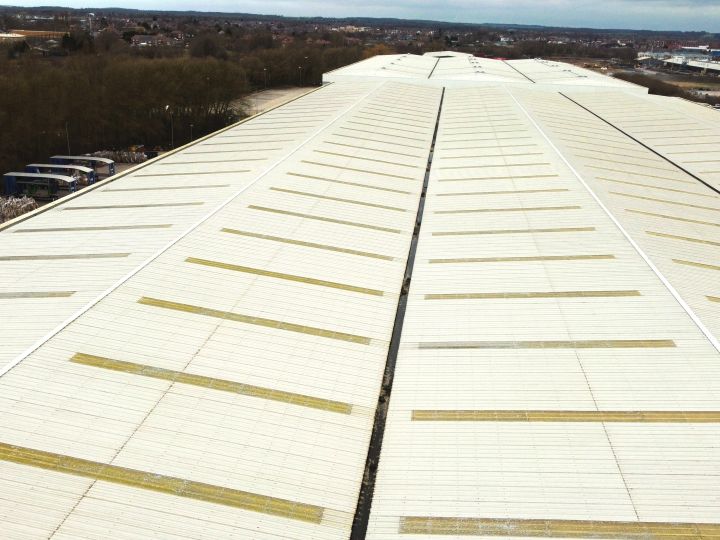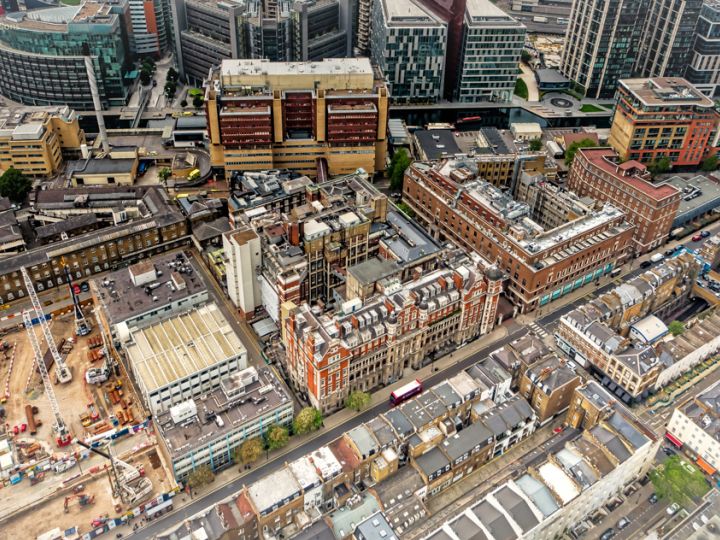Your Trusted Partner for Safe, Compliant Projects
From funding to project completion, we cover all your building consultancy needs.
Numbers...
Projects Supported
Specifications Achieved
Roofs Inspected
Avoid the Pitfalls of Poor Planning and Compliance Issues
Navigating complex building projects can be overwhelming, especially when unexpected issues arise like safety risks, compliance challenges, or escalating costs. Without expert guidance, these problems can stall your progress and drain your resources. It’s unfair to manage this burden alone while your project and reputation are at risk.
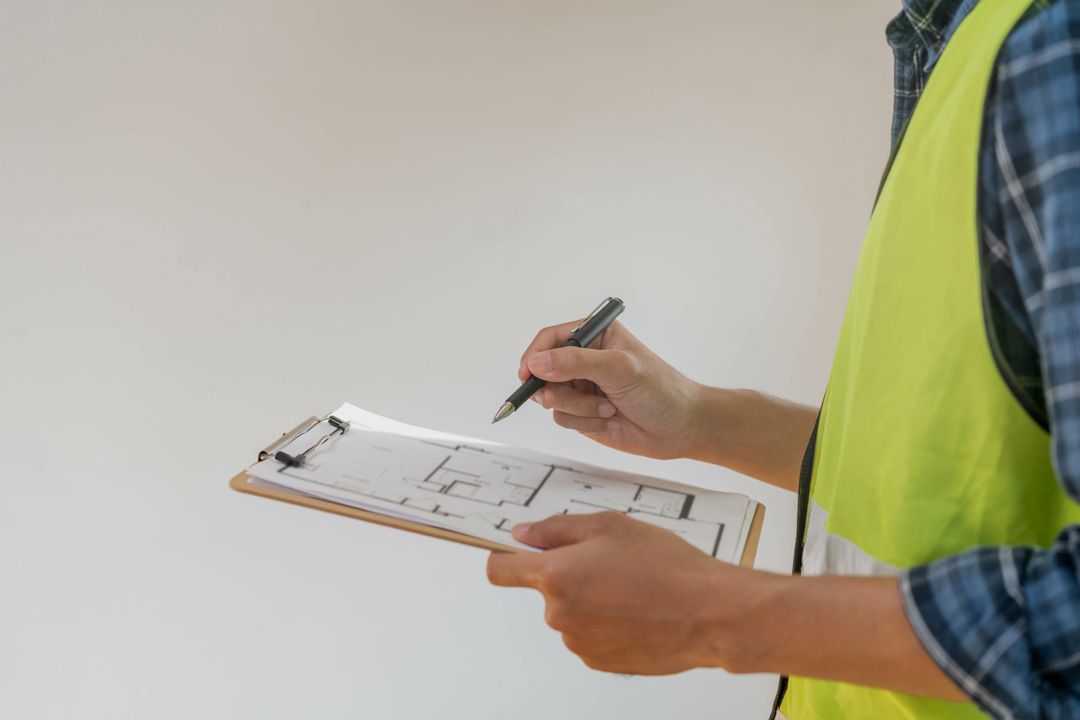
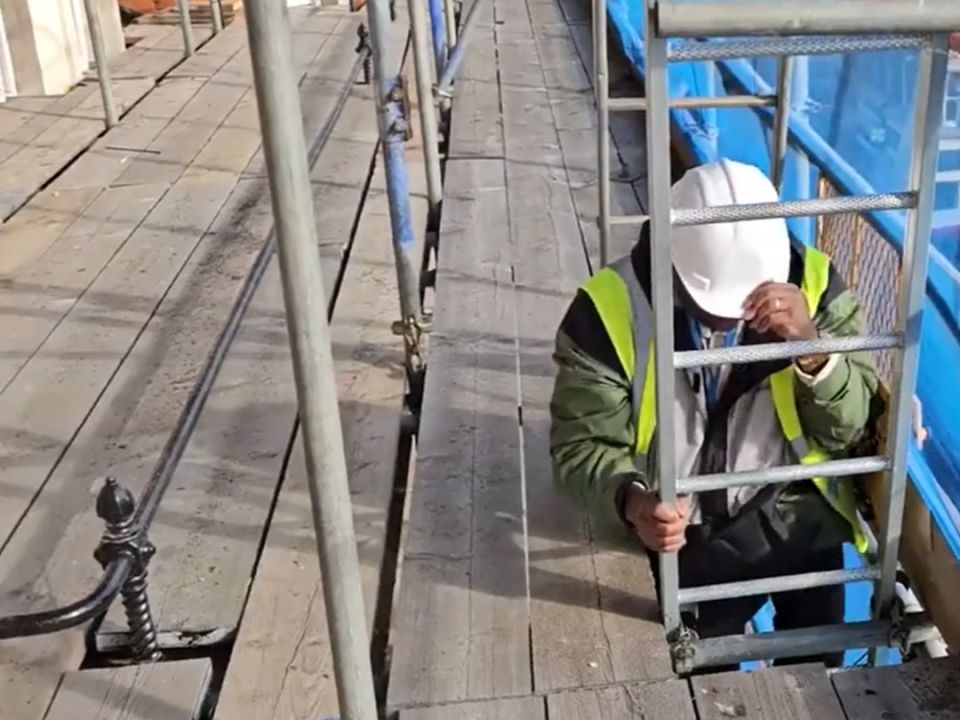
Trusted Guidance for Safe and Compliant Projects
You don’t have to face these challenges by yourself. With RAM’s consultancy services, you gain a team of expert building surveyors, engineers, and project managers who provide tailored solutions to ensure your project is safe, compliant, and completed on time. Whether it’s building pathology, leak detection, or condition reports, our multidisciplinary experience helps you overcome obstacles and move forward with confidence.
Our Consultancy Services
Have You Covered
Planning
Project
Viability
Management
RICS Regulated
RICS is an independent professional body originally established in the UK by Royal Charter. You can take confidence from the mark ‘Regulated by RICS’ as an assurance of quality. RICS is the world’s leading qualification when it comes to professional standards in land, property and construction.







The Steps to Your Success
Book a Free Consultation
Get Personalised, Clear Solutions
After understanding your unique needs, we’ll deliver tailored advice to guide your next steps, with no jargon - just clear, effective solutions.
Drive Your Project with Confidence
With our expert plan in place, you’ll have the confidence to take the right steps, ensuring your project remains compliant, safe, and successful.
